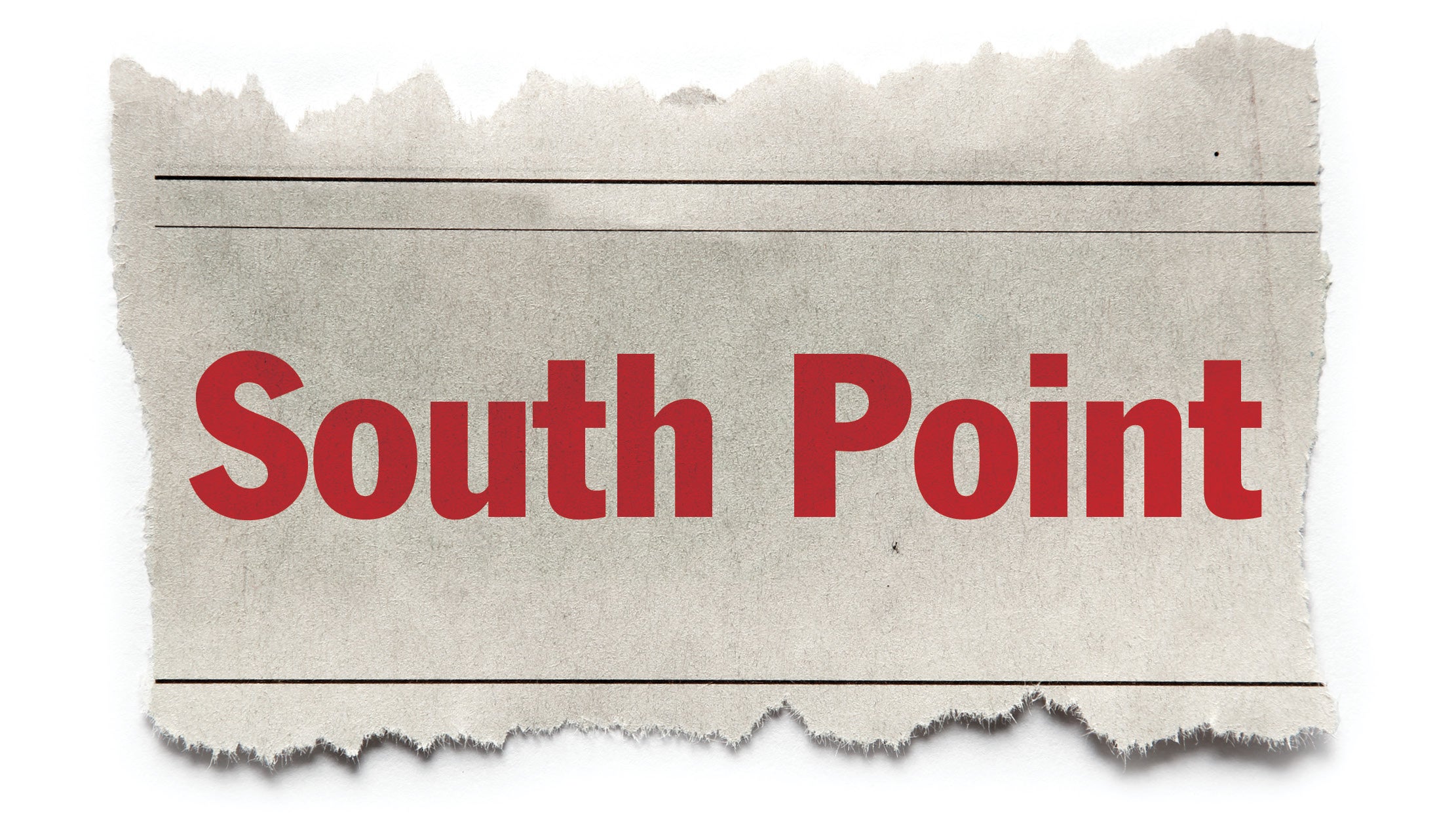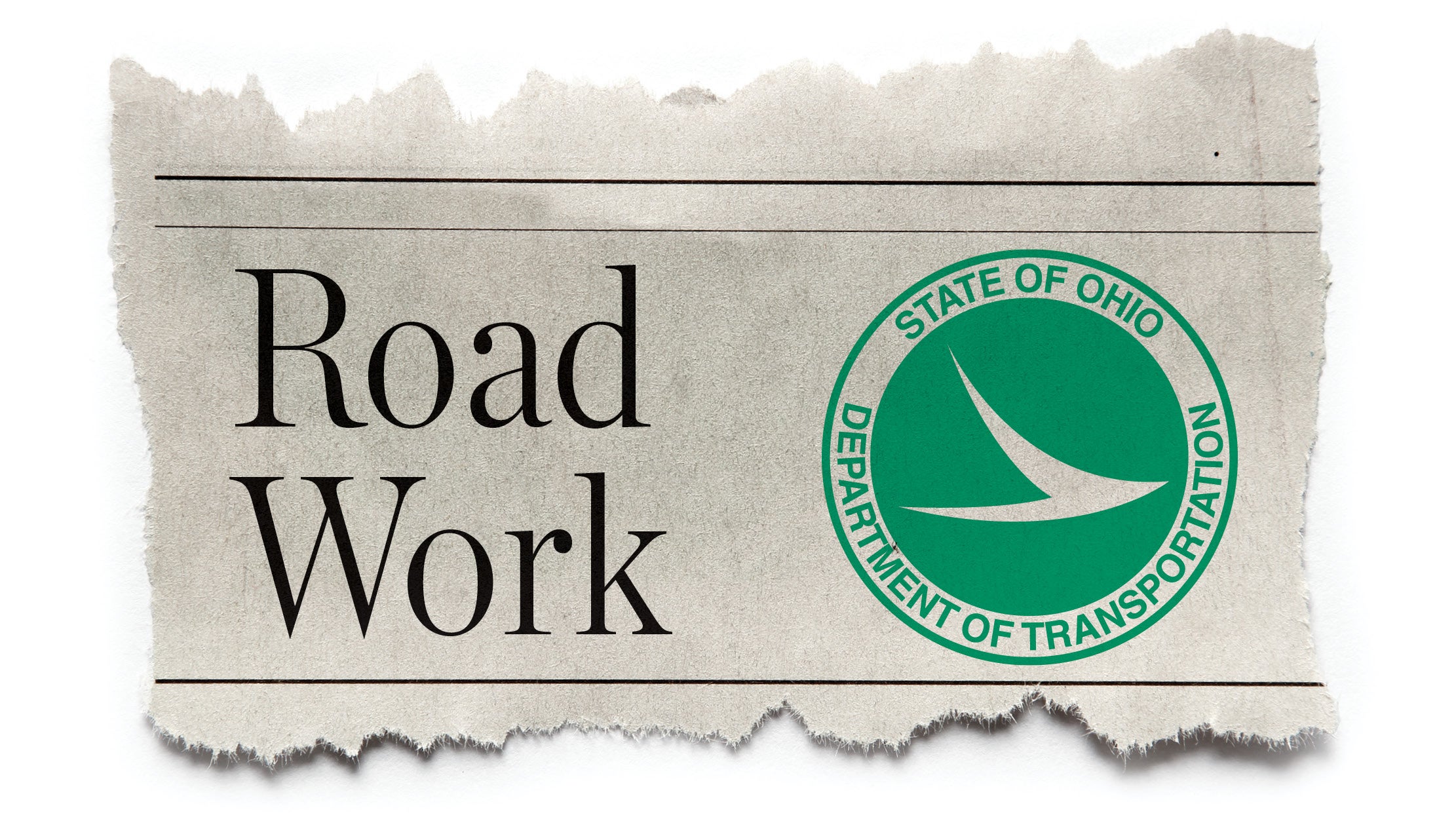Dream lives on
Published 12:00 am Sunday, January 15, 2012
Community reflects on King’s teachings
Dr. Martin Luther King, Jr. Day is a holiday marked by ceremonies that often remember the legendary civil rights leader as man and pay tribute to his dream of equality for all mankind.
For many in the community the values and ideals King preached and taught the nation live on in everyday life. Here are their reflections about the man, his legacy and what he would say about the progress our nation and world have made toward equality and the challenges we have yet to overcome.
“To me growing up in Philadelphia in the ‘60s was not very challenging because I had the love of family all around me and they kind of sheltered me from the prejudices and indifferences that the world around me faced,” recalled Annette Scott, Ironton schools nurse and I-Town Soldiers Step Team leader.
“My brothers, sisters, and I were taught about being equal and treating others fairly. We were taught not to hate others because of their skin color, economical situation — especially since we, a family of nine, were poor ourselves — and be accepting of those different from us. I heard about Dr. King and his speeches, not fully understanding them or realizing that what he stood for was going to affect my life today,” she said.
“As a school nurse, I work with students from all socio-economic classes. I see the diversities in the homes and in what they value, but when I see a child in need or one who comes to my office for whatever reason, I don’t see color, class, or stature — I see a child of God. God has placed us here for a reason, and believe me it was not to bring about hatred, discrimination, injustice or malice. I believe Dr. King did not know the magnitude of how his life, words, and works would affect a multitude of generations, even today,” Scott said.
“I can only imagine that if he was or is able to see us today, he would probably see that we have come a long way, but still have a long way to go. The Bible tells us that there will be wars, rumors of wars, and other unthinkable situations. This world will not be the same and will not fully reach that mountaintop until Christ comes back to make it right. One day we won’t have to emphasize Dr. King’s message or celebrate his day, because the real king, Jesus, will be fulfilling the dream – the truth.”
Scott’s husband, Hugh D. Scott, a community and church leader, shared his own thoughts about King and his legacy’s continued effect on our lives today.
“To try to put it in to perspective, everything that we are seeing, not just within our United States and world, is a reflection of his ‘I Have a Dream,” Hugh Scott said. “Something is given to one that is to be shared with others. It might not be his (King’s) destiny to see it happen but it was his calling it,” Hugh Scott said, noting that President Obama becoming the first black president is a fulfillment of part of that dream. “He is a person ingrained in what Dr. King was talking about.”
“I hope the dream will stay alive, which I know it will, and hopefully this world will be better for it,” he said, “I know the United States has been, but we still have a way to go. We have a ways to go.”
Hugh Scott said with the dawn of the information age came the opportunity for King’s message of unity and equality to be spread all across the world, where it is being taken up by others outside this country.
“It is not over, it has not ended,” he said. “I know it will stay alive, forever, however long it will be -because we haven’t seen anything yet. The best is yet to come. Young people today, black and white, and all nationalities across this country, we have to have an understanding that all cultures have a reason on this earth, once we blend together, I know it will be a better county. One nation under God, I really believe that could be illustrated in these United States. It takes others to remember where others have gone before ourselves that is history. History has to repeat itself.”
Rev. James H. Stowe, of Quinn Chapel AME, shared much of the same sentiment. “I believe that Dr. King believed in the beauty of diversity, that all cultures can contribute to the global pie and that one culture should not oppress another culture or do injustice to somebody else because it would mess up the beauty of that pie,” he said.
“Everybody has something to contribute and something they can appreciate from somebody else. He believed that each community has something to contribute to the global community and that one community should not devalue another one; each community should appreciate what each community can bring to the whole,” Stowe said.
If King were around today, he said, he would provide “that voice that is missing” from the lower and middle classes, from around the world. “The lack of a sensitive ear from leadership has sparked a revolutionary era within our global community. Leadership and those who they serve can work together, but there must be respect and conversation and dialogue to determine how to progress and move forward in the world we live.”
Stowe said although Martin Luther King Jr. Day is a holiday that is particularly meaningful to him the values that King taught — “love for mankind and service to humankind” shouldn’t be limited to being celebrated one day a year.
“We should never lose focus on (them),” he said, “Those are fundamental principles, for me as a pastor, I learn studying the life of Jesus. When we take that mentality, it can create opportunity for conversation with others, work with one another, and it can promote the growth of brotherhood and sisterhood – not focusing ourselves but focusing on loving and serving others.”
Pastor Damion Sneed, of Mt. Olive Baptist Church, said he too believes King’s legacy lives on each and every day but that there is plenty of room for improvement.
“He stood for civil rights for the rights of individuals, whereby they can have a fair chance to live in the society and have the same rights as everybody else,” Sneed said. “I think if he were alive today, of course he would be appalled at what is going on. We do have an African American president, but at the same time, it has brought out the hearts of a lot of people, both black and white, in terms of how they really feel about race and equality. But we do have a president who is black. I think it is a testament to the fact that we have come a long way,” he said. “We have come a long way, but we still have a long way to go.”
Martin Luther King Jr. Events:
Monday: 6 p.m. at Ohio University Southern’s Bowman Auditorium
Annual Dr. Martin Luther King, Jr. Community Celebration
The Dream Lives on in You: Service, Community, Teaching
Keynote Speaker: Dr. Brian Bridges, Ohio University Vice Provost for Diversity, Access and Equity
Wednesday: Noon at Ohio University Southern, Rotunda
Brown Bag Concert Series: Remembering Dr. Martin Luther King, Jr. Performed by: Katie Owens, OUS Student
Tuesday at Ohio University’s Proctorville Center
A brunch in honor of Martin Luther King Jr. from 10:30 a.m. until noon.
Jan. 31: 7 p.m. at the Paramount Arts Center, Ashland, Ky.
The Paramount Arts Center presents Frederick Douglass
One of the most significant leaders of the Abolition Movement, Frederick Douglass is also one of our nation’s most vibrant figures. From his escape from a Maryland plantation to his days as a newspaper publisher to his role as a presidential advisor, Douglass promoted education as the key to success and bravely fought to make America a better place for all. Our inspiring show offers you a true American hero.
Feb. 1: 11:30 p.m. to 1:30 p.m. at Ohio University Southern’s Bowman Auditorium
Presentation of the film: “Freedom Riders”
Veteran filmmaker Stanley Nelson’s inspirational documentary is the first feature-length film about this courageous band of civil-rights activists. Gaining impressive access to influential figures on both sides of the issue, Nelson chronicles a chapter of American history that stands as an astonishing testament to the accomplishment of youth and what can result from the incredible combination of personal conviction and the courage to organize against all odds. This documentary is based partly on Raymond Arsenault’s acclaimed book Freedom Riders: 1961 and the Struggle for Racial Justice.




